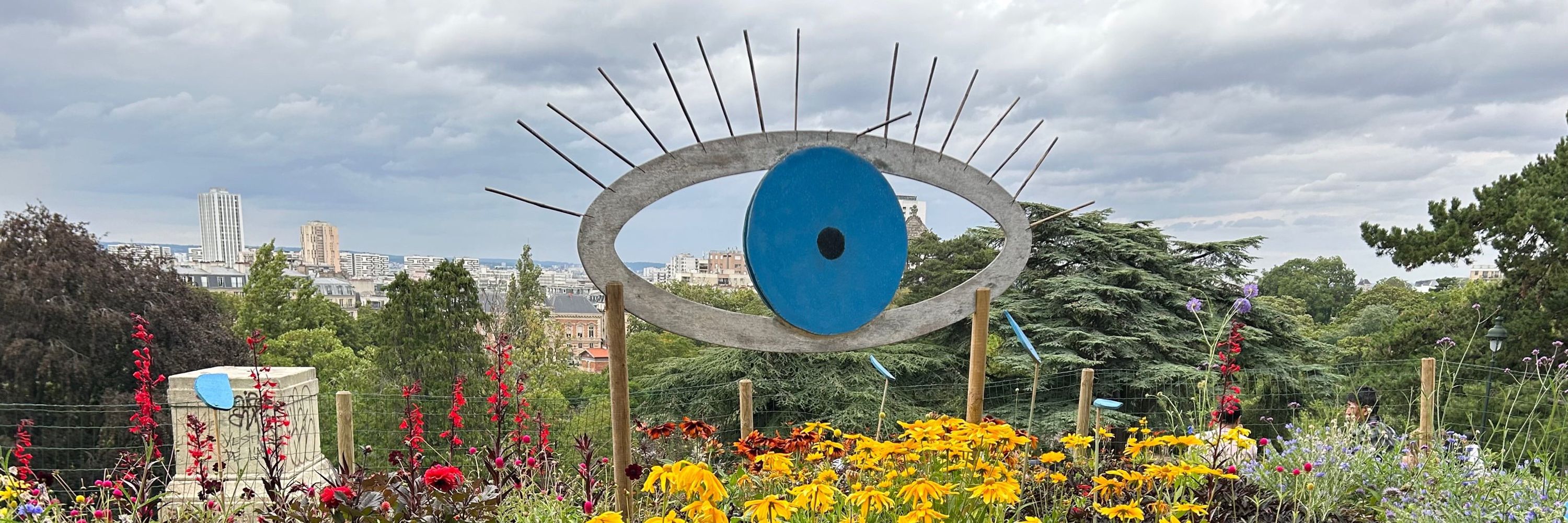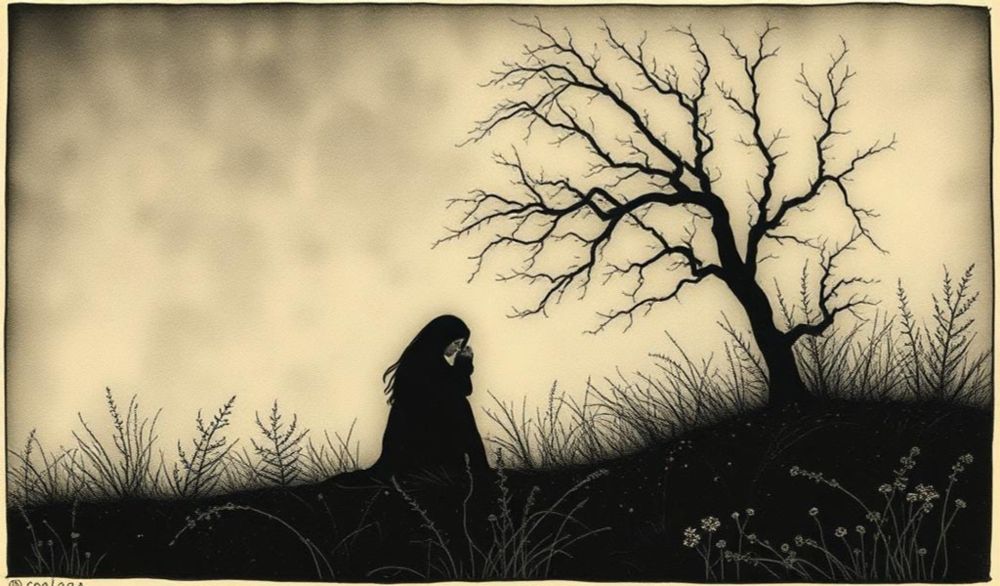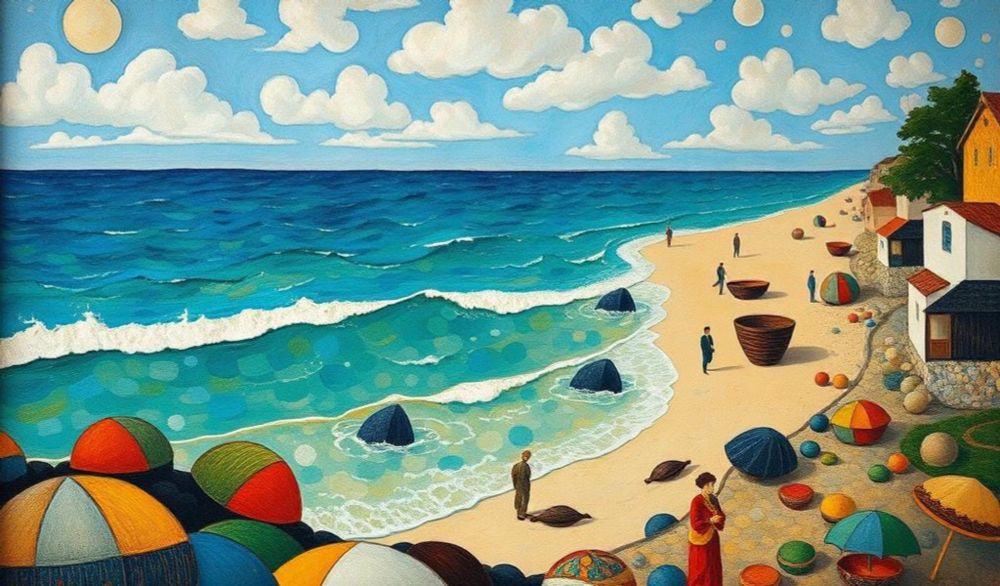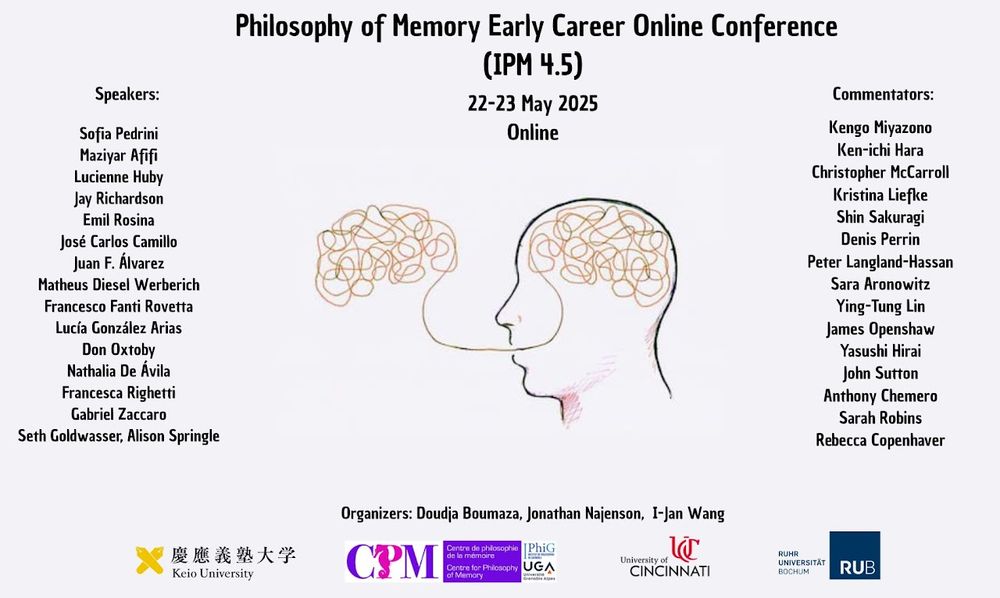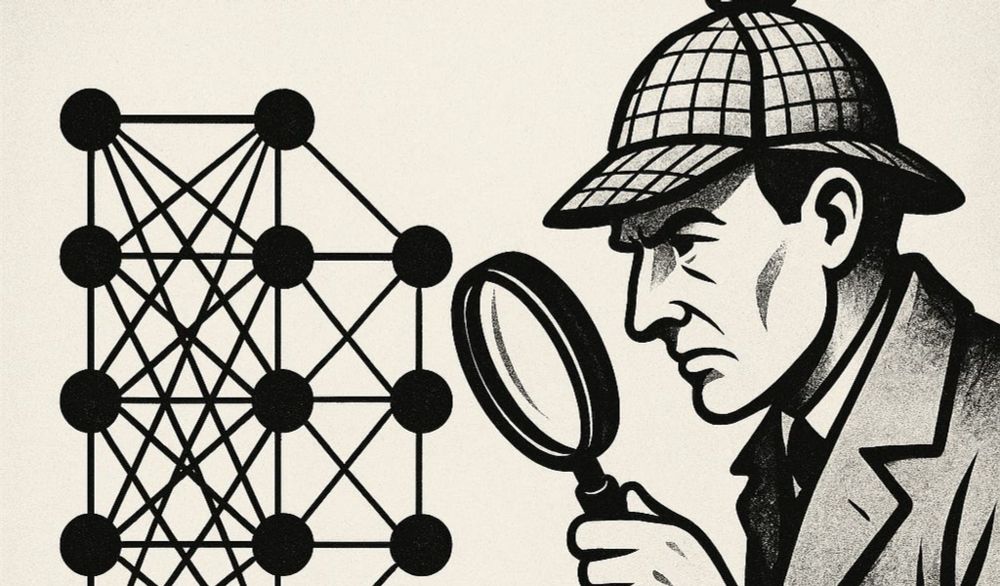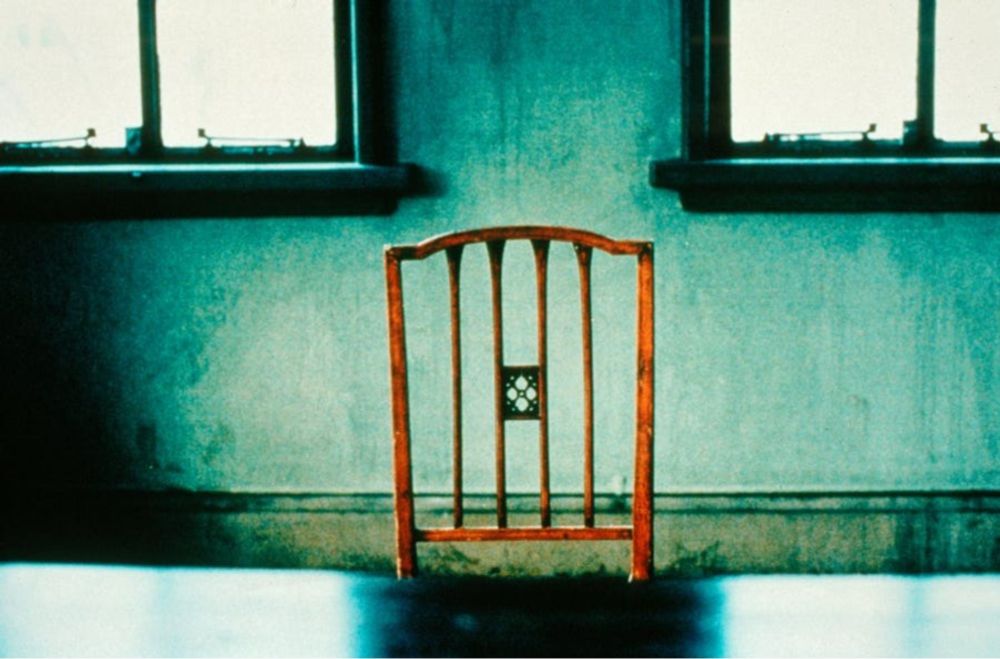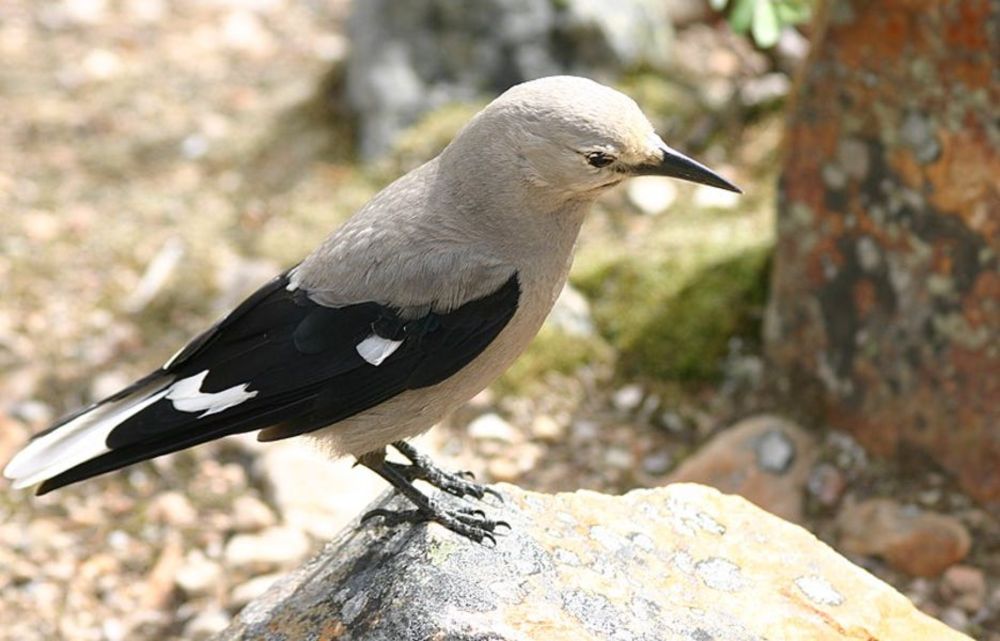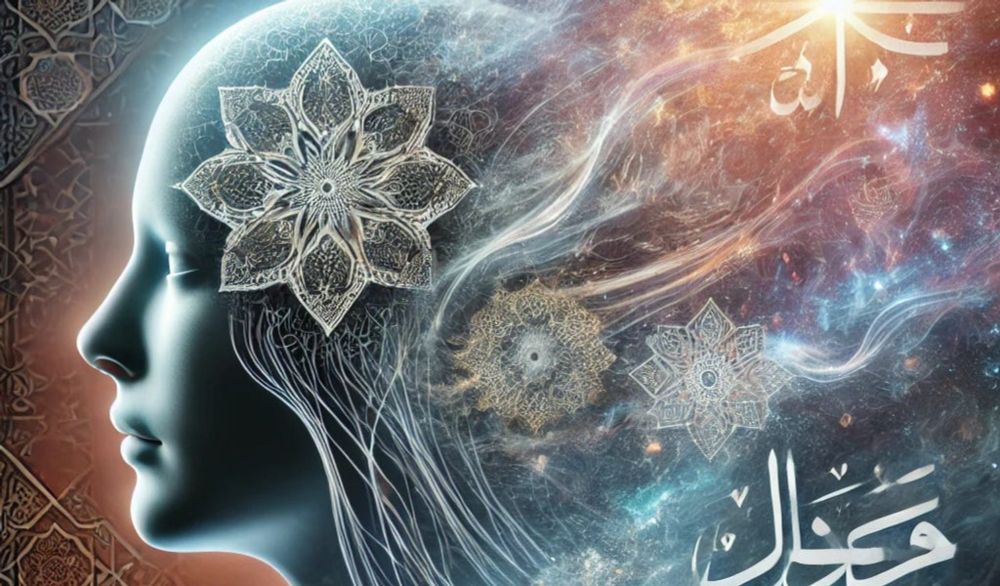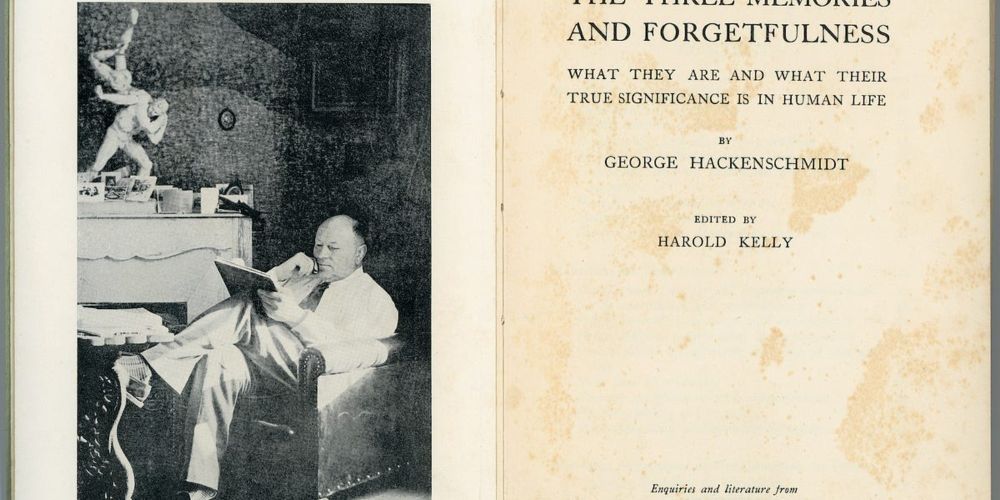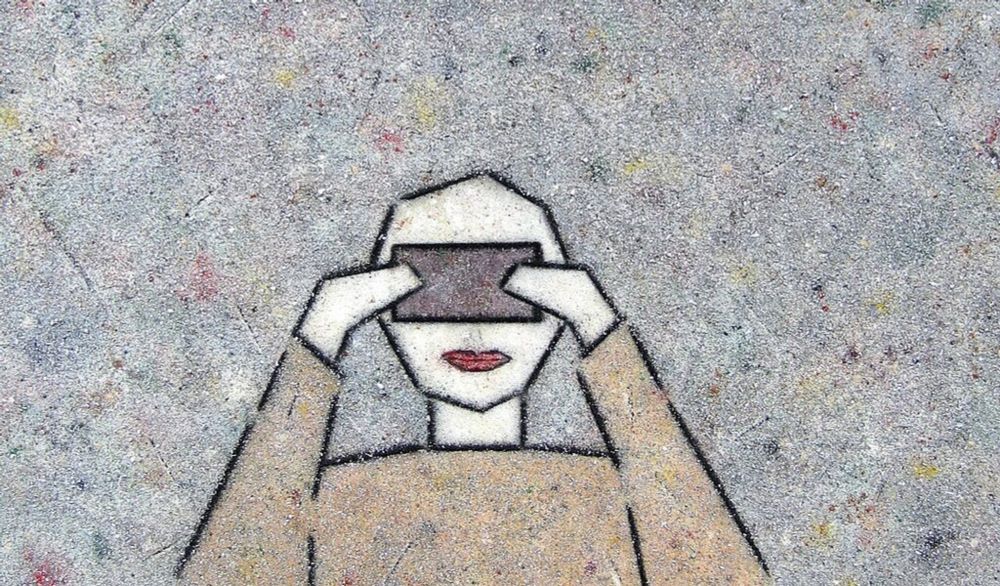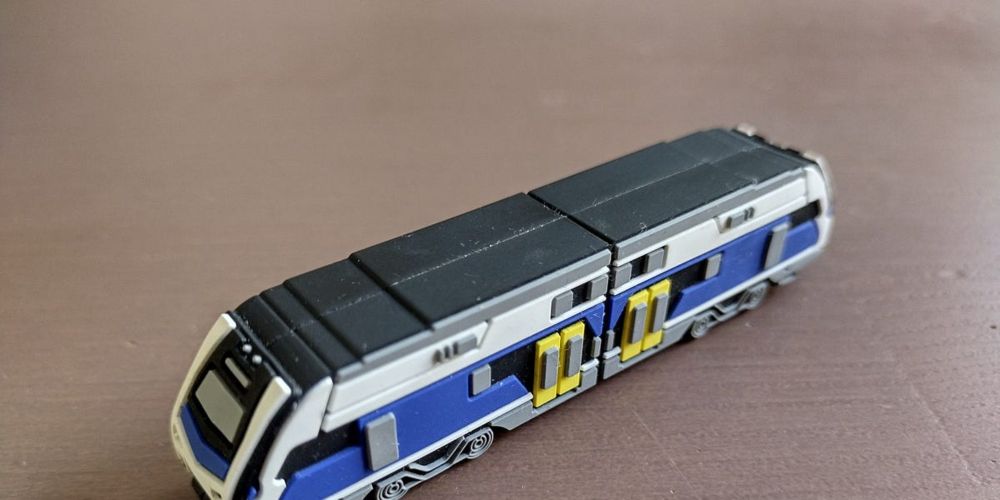Sarah Robins
@sarahrobins.bsky.social
1.2K followers
950 following
120 posts
Philosopher at Purdue. Philosophy of Memory, Psychology, Neuroscience.
www.sarahkrobins.com
Posts
Media
Videos
Starter Packs
Sarah Robins
@sarahrobins.bsky.social
· Jul 6
Sarah Robins
@sarahrobins.bsky.social
· Jun 6
Sarah Robins
@sarahrobins.bsky.social
· Jun 6
Sarah Robins
@sarahrobins.bsky.social
· Jun 6
Brains
@philosophyofbrains.com
· Jun 2
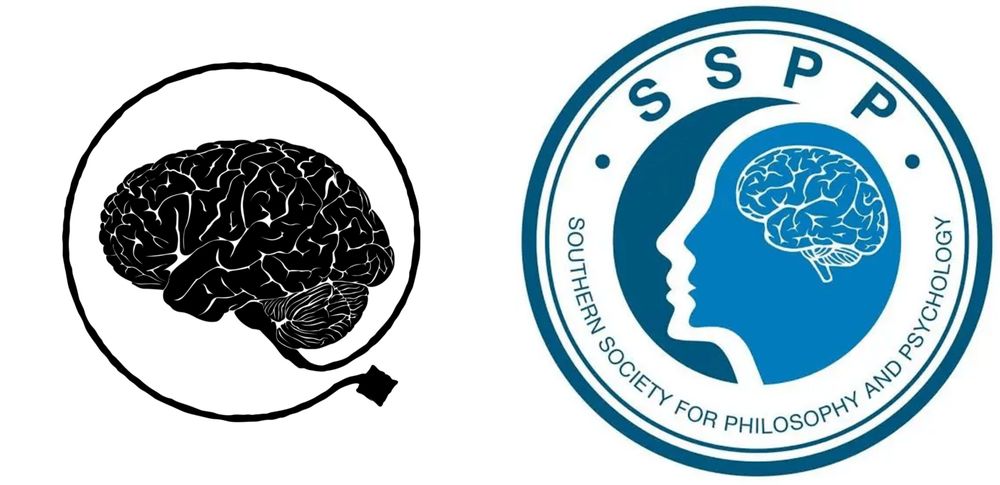
SSPP 2025: Sarah Robins on SSPP
By Sarah Robins, Purdue University Thanks to the Brains Blog for featuring some of the great work from the latest SSPP meeting this week. There are several ‘phil & psych societies’, so it feels worth kicking off the week with a note about what distinguishes the SSPP. The SSPP is, so far as I know, the oldest/longest running of these organizations.
philosophyofbrains.com
Reposted by Sarah Robins
Brains
@philosophyofbrains.com
· Jun 3
Reposted by Sarah Robins
Reposted by Sarah Robins
Sarah Robins
@sarahrobins.bsky.social
· Mar 11
Reposted by Sarah Robins
